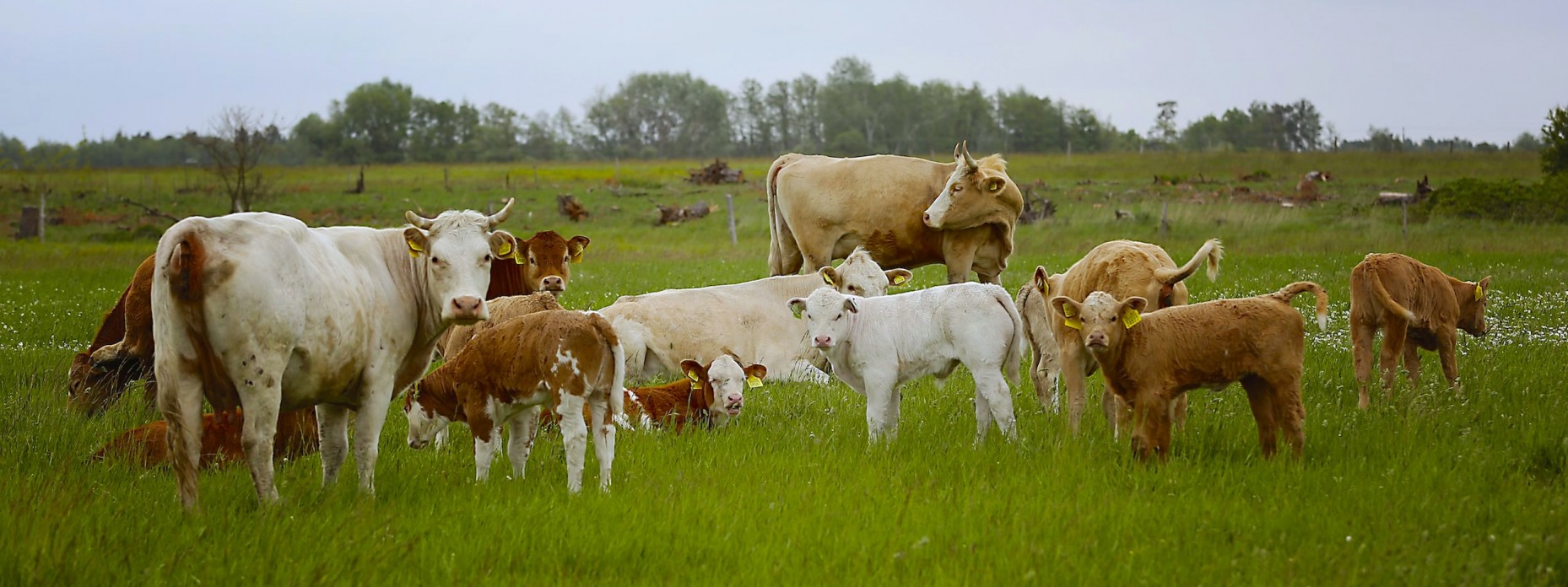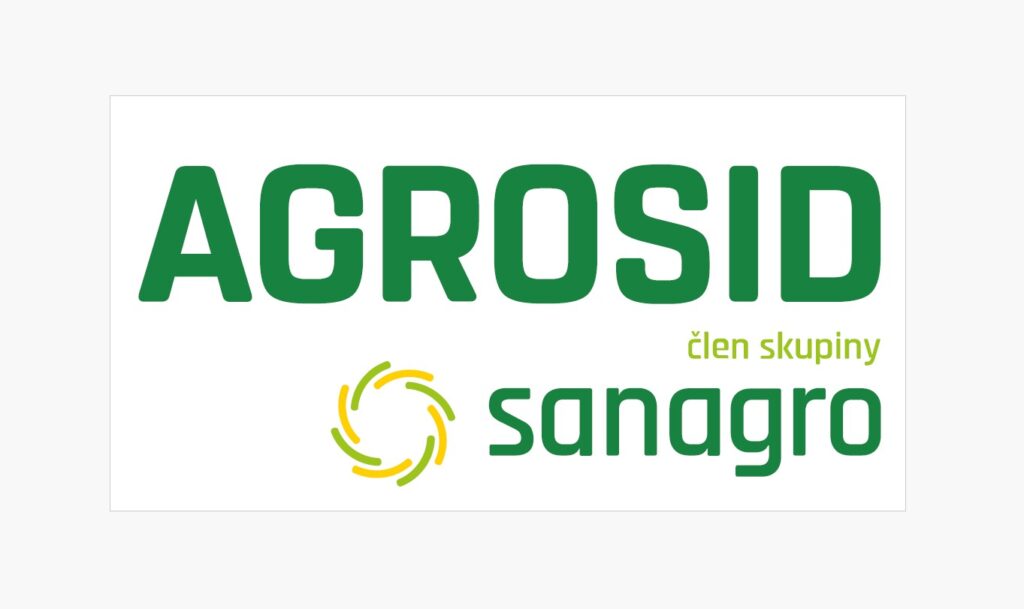Bio farm BOS-POR AGRO wants to change the mindset of Slovaks. And the new owner, SANAGRO company, is to help it to do that.
Even infertile soil and poorer production conditions do not automatically mean failure. On the contrary. This was also the case for the organic company BOS-POR AGRO in Borské Svatá Jur in the Záhorie region. This farm decided overnight not to use any synthetically produced fertilisers and chemical plant protection products in crop production and animal husbandry. And which has currently set itself a difficult challenge. It wants to make its organic products more known to the Slovaks. And the new owner, SANAGRO, is to help it do this.
To day-to-day organic farming
There are more than 500 organic farms in Slovakia, which together manage 193 thousand hectares of land. Of these, 65 thousand hectares are arable land, 126 thousand hectares are permanent grassland and the small remainder, several hundred hectares, belong to orchards and vineyards. However, not many people know that the Huški farm in Borské Svatá Jur is one of the largest organic farms in Slovakia. It farms more than 3 700 hectares of land.
The farm, which was established just after the millennium, has already gone through several stages of development. And as its director and long-time farmer Ľuboš Irša says, the development is ongoing. He himself has been farming all his life, since he was in high school. This is despite the fact that no one in his family has ever introduced him to land and working with animals. He has worked his way up through the ranks on farms, from manual labour in the fields, to working as an agronomist, to managing the farm. At the farm where he last worked, he was approached by the owner to see if he would like to do business with him at the farm in Borské Svatá Jur. He agreed.
Ľuboš Irša knew that he had a difficult task ahead of him. At that time, Slovakia began to focus more on food imports and, according to statistics, the area of agricultural land began to decline continuously from 2001. "The decision on organic farming was born gradually. It was because of the sandy and poorly fertile soils that it was necessary to think about how we could also return economic sense to the farm. The dry conditions reduce the effectiveness of fertilisers and chemical products. These production inputs were not adequate to the yields the farm was achieving. It was a net loss for us," recalls Irsha, who stayed on the farm even after it was bought in August 2017 by Sanagro, a company focused on investments in agriculture.
Everybody must have wanted a change to bio
It was 2005 when the government's agri-environment schemes started to come to the attention of farmers. They favoured environmentally friendly production practices. Organic farming was the highest level. It had set precise rules of farming with the exclusion of industrially produced fertilisers and pesticides.
Well, in 2010, they made a decision overnight. "I told my colleagues that in the next programming period we were starting with organic farming. Nobody could imagine it and there were fears that we couldn't do it. I gave colleagues a night to think about it. It couldn't just be me who wanted change, it had to be shared by everyone," says Irša. What happened? "They came in the morning and said we were going ahead." Since then, the farm has been farming under an organic farming system.
Emphasis on crop production
Today, the organic farm grows sunflowers, peas, winter wheat, food rye, spelt, oats, barley and animal feed in its fields. They work hundreds of hectares of land and learn from their mistakes. Farms have changed dramatically from the past. They use modern technology, such as GPS-guided weeders for targeted weed control or GPS-guided tractors that sow accurately, saving seed. "We've learned proper seeding practices, figuring out when it's best to kill weeds with mechanical methods. Since you can't use pesticides, you have to prevent crop losses by figuring out how to take care of the crops properly and at the right time," adds Ľuboš Irša.
A major problem for organic farms in Slovakia is the insufficiently strong purchasing power of the population. Price is still the primary criterion when buying in shops. "You can hardly convince people outside the Bratislava district that they should buy organic products if they do not have enough income for them. Therefore, we have to export most of our production abroad, mainly to Austria, Germany, France or Italy. These countries are convinced of the importance of ecology. They buy organic produce from us, process it and sell it as domestic produce. However, for exports to Austria and Germany, the forecasts are worsening. These countries are gradually expanding their areas for organic production. The organic farms are therefore thinking again about what to do next. In Slovakia, only feed remains from their organic production, but they would like more.
Continue reading: https://hnonline.sk/pr-clanky/1964006-biznis-zmenili-za-noc-dnes-ich-produkty-kupuju-rakusania-aj-nemci
Source: hnonline.sk
Photo: Miroslava Kohútová






